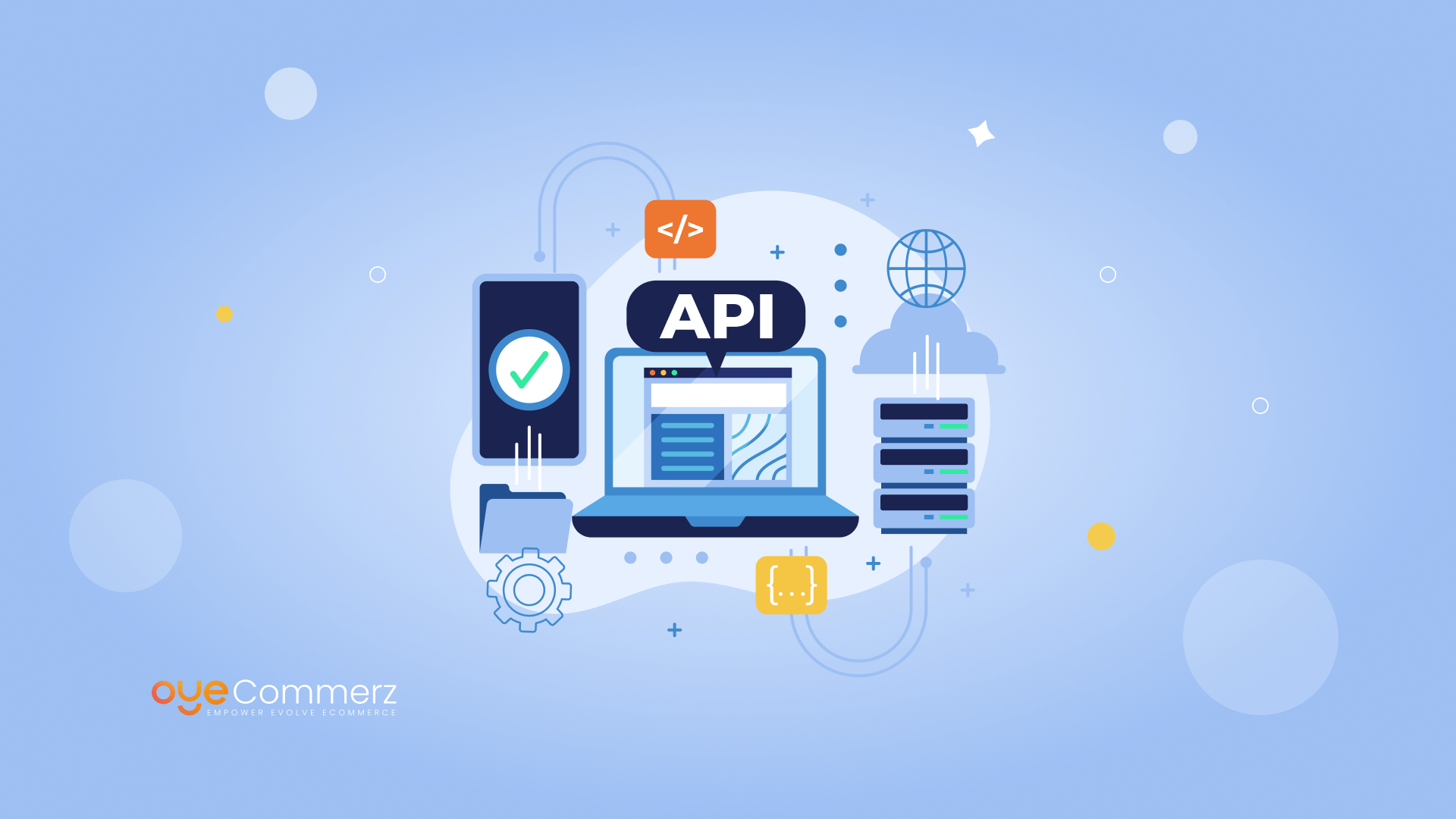Introduction
In today’s cutthroat e-commerce environment, standing out is essential, and one of the best ways to set apart a Shopify store is through custom app development. A robust Shopify app can boost store capabilities, simplify processes, and boost customer interaction. This article delves into key aspects of Shopify app development, from API integration to growth techniques and digital marketing approaches, providing a roadmap for businesses looking for unmatched store performance.
The Importance of Shopify API Integration
Shopify’s API provides powerful tools to personalize and expand store capabilities. With GraphQL and REST APIs, developers can retrieve information to create apps that handle inventory control, order processing, and customer information management smoothly. Using Shopify’s API can lead to better workflow automation and enables stores to assist shoppers more efficiently.
Utilizing the Polaris Design System
Polaris is Shopify's design system for creating user-friendly and accessible Shopify apps. By following Polaris guidelines, developers ensure that apps seamlessly integrate within the Shopify Admin interface. This ensures a cohesive look and feel that appeals to Shopify merchants, promoting ease of use and familiarity for merchants using your custom app.
Navigating the Shopify App Ecosystem
The Shopify app ecosystem offers endless possibilities for enhancing e-commerce sites. From managing fulfillment processes to boosting customer interaction, apps in this environment are designed to meet various business requirements. Learning about this system assists developers in finding unique app opportunities and enables smooth connections of external tools that add value to the store.
Building Embedded Shopify Apps
Embedded apps work seamlessly within the Shopify Admin, allowing a seamless experience for merchants. They ensure that merchants don’t have to navigate away from their Shopify control panel, simplifying their process. Employing Shopify App Bridge and embedded app capabilities is recommended for offering a cohesive, integrated user experience.
Leveraging Node.js and React for Shopify Development
Node.js and React have emerged as Custom app solutions for Shopify ideal Shopify app scalability tools for Shopify app development. Node.js enables efficient back-end services, while React enables interactive and adaptive front-end design. Combined, they provide an strong framework for building fast, growth-ready Shopify apps that enhance store performance and customer interaction.
Webhooks in Shopify Apps
Webhooks allow real-time data updates between Shopify and an external app. They trigger events such as new orders or stock changes and provide immediate alerts to your app. By implementing webhooks, apps can deliver real-time information to store owners, streamlining workflows and increasing efficiency.
Customer Engagement and Digital Marketing for Shopify Apps
To ensure Shopify app success, connecting with users is crucial. Utilizing digital marketing strategies like SEO, email marketing, and social outreach can increase app usage. Additionally, creating applications with customer interaction as a focus (e.g., loyalty programs or personalized suggestions) boosts user retention and loyalty.
Making Your Shopify App Scalable
As e-commerce businesses grow, so do their technology requirements. Ensuring that your app can scale to handle higher usage, larger databases, and more advanced functionalities is essential. By improving server capacity and using scalable solutions, you can create apps that grow in parallel to a store’s success.
Essential Features and Maintenance for Shopify Apps
For an app to be useful, it should offer essential features like user authentication, dashboard analytics, and customer support options. Regular app maintenance, with updates to fix bugs and ensuring compatibility with new Shopify functionalities, is vital to ensure continuous operation and prevent disruptions to business processes.
Summary
Custom Shopify app development holds vast potential for e-commerce businesses, offering the chance to enhance store functionality, simplify operations, and foster customer loyalty. With API integrations and Node.js to ensuring scalability and customer engagement, creating a Shopify app involves careful planning and well-planned actions. If you’re prepared to unlock your store’s full potential, a custom Shopify app may be the perfect solution. What capabilities do you see for your ideal app? Share your ideas and take the first step toward an optimized e-commerce experience!

Comments on “Enhance Your E-commerce: Custom App Development for Shopify to Boost Performance”